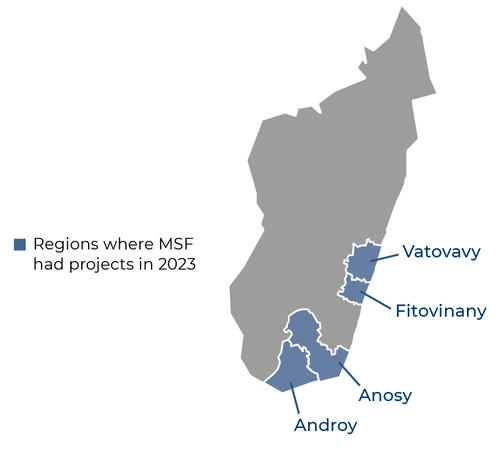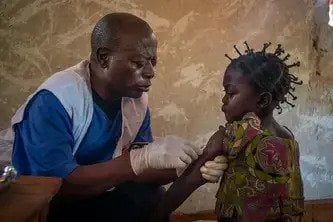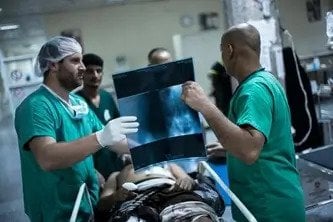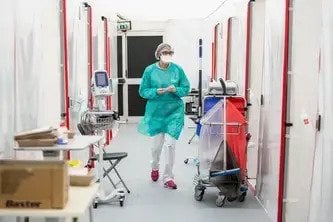Madagascar is one of the countries most at risk from climate change. It has been hit by numerous powerful cyclones over recent years, which have exacerbated health problems for many vulnerable communities.
In 2023, MSF teams responded to alarming rates of malnutrition in southeastern districts, where families faced a triple crisis of food insecurity, malaria and extreme weather events.
After Cyclone Freddy struck in February, we conducted an assessment to determine the extent of the damage caused to agriculture in the southeast of the island and the potential impact on the people who depend on it. Almost 117,000 people were affected by the cyclone.
With their crops destroyed, many were forced to rely on ever-dwindling food stocks, resulting in an increase in malnutrition rates. In response, our teams scaled up nutrition programmes and provided treatment for children suffering from severe acute malnutrition, many of whom also had malaria.
Immunisation coverage remains low in Madagascar, with only 49 per cent of children aged 12-23 months fully vaccinated. When measles cases rose in the northeast of the country, MSF supported local authorities to run vaccination campaigns, conduct awareness-raising activities and provide treatment.
In 2023, we concluded our intervention in the far south of the island, which began as an emergency malnutrition response in March 2021 and evolved into a programme focused on improving access to water in the Androy and Anosy regions. Our teams drilled boreholes, rehabilitated water points, and conducted studies on the issues and challenges surrounding sustainable water-point management. We shared and discussed our insights with state authorities, donors, civil society representatives, businesses, and humanitarian organisations. We also strengthened the capacities of local partners by training technicians who work on the repair and maintenance of hand pumps, and made donations to support their activities, enhancing their efficiency.






